Corporate finance corner (M&A / capital raises)
- Ascendis Health has announced a fully underwritten non-renounceable rights offer to raise around R101.5 million. This means that shareholders cannot sell their rights, but they can apply for excess shares if they want to take up more than their allocation. The underwriter is Calibre Investment Holdings, with a fee of 2% (around R2 million) payable to that entity. Ascendis currently owes around R498 million to Austell Pharmaceuticals in a facility that expires in November 2022. Depending on which potential suitor the shareholders vote to dispose of the Ascendis Pharma business to, the outstanding debt with Austell will be between R129 million and R149 million. The proceeds of this rights offer will be used to fully settle that debt and recapitlise the business so that it can move forward with Ascendis Medical and the Consumer side of the business. The rights offer price is R0.71 per share and the current share price is around R0.64.
- RCL Foods has made a voluntary announcement regarding the acquisition of Sunshine Bakery from AFGRI Group Holdings. This business is based in KZN and is one of the country’s largest independent bakeries. The deal will increase bread volumes in the RCL Foods’ baking network by 28%, so this is an important transaction as part of the ongoing strategy to focus on higher margin foods. When the business was originally built around poultry, anything has better margins – even bread!
- Spear REIT has announced the disposal of 5 Fitzmaurice Avenue to Rex Trueform Group for R85 million. This price is a 2.4% premium to the latest book value, which is another good example of the group recycling capital at the valuations put forward in the financials. This was a non-core asset and the proceeds will be used to settle shorter term variable debt while the fund negotiates new opportunities that are in line with the stated strategy of investing in industrial and convenience retail assets. The loan-to-value will reduce by 118 basis points to 38.29% based on this disposal. Despite interest rate increases in South Africa, Spear has reiterated its guidance of 5% to 7% growth in distributable income per share. For Rex Trueform, this is part of a strategy to diversify and grow the existing property portfolio. The purchase price will be funded by R20 million of equity from Rex Trueform and R65 million of debt. The yield for the acquisition is 9.6%.
- Jubilee Metals announced that two warrant holders have exercised their rights to subscribe for shares in the company at a price of R1.23 per share (vs. the current market price of around R2.80). This is an injection of R1.8 million into the company and represents a holding of 0.06% of the shares in issue post the exercise of the warrants.
- Mantengu Mining’s acquisition of Langpan Mining Co has become unconditional, which means that all conditions precedent have been met. In other words, the transactions will now close. Mantengu will now send a request to the JSE to have its suspension on trading lifted.
Financial updates
- Pick n Pay released a trading update for the 18 weeks ended 3rd July. There is renewed interest in the group, particularly with the new CEO making all the right noises about adapting the stores to suit customer preferences. 10 stores have been updated under the Ekuseni Strategic Plan and sales in the first five stores are already up 18% since launch. The idea is to upgrade 40 stores by the end of the interim period and 150 by February 2023. I’m also very pleased to see that Boxer will be disclosed as a separate segment in the next result, as Pick n Pay got away with poor segmental disclosure for years. In this 18-week period, sales increased 10.7% year-on-year with selling price inflation of just 5%, which is well below 7.1% CPI Food. Importantly, the base period included 18 days of trading restrictions on liquor, so it’s not a perfect comparison. Pick n Pay Clothing is still flying, with sales up 17.1% as that business continues to take market share. Impressively, Pick n Pay’s online sales across the various channels grew by 97.3%! As part of ongoing cost saving initiatives under Project Future, Pick n Pay will close its Johannesburg office and move to a more flexible support office structure. Later on in the announcement, the company sounds the alarm about inflationary pressures. It’s great to have strong sales growth but profits are what count. Sadly, the group expects an acceleration in CPI Food, which is frightening news for consumers. With inflationary pressures from rates, electricity, utility and fuel costs, Project Future’s cost savings are critical and Pick n Pay will need to operate as tightly as possible. Although the new strategic direction couldn’t have come at a better time, this excerpt from the announcement tells the story of what is really going on out there:
“Taking into account the FY23 operating cost pressures mentioned above, we reiterate our guidance that we expect Ekuseni to drive meaningful earnings growth from FY24 only (vs. the FY22 Pro forma Headline Earnings base).”
Pick n Pay Trading Update, 26 July 2022
- Woolworths released a trading update for the 52 weeks ended 26th June. This can’t be compared to Pick n Pay, as the period is much longer and the base period is also very different, with Covid-related disruptions playing havoc on comparability. Turnover only increased by 1.4% as reported or 2.6% in constant currency terms. Online sales were a highlight, up by 16.4% and now contributing 12.4% to group turnover. The second half (H2) of the financial year was far better than the first half, with sales up 5.6% in constant currency. In the Fashion Beauty Home segment, H2 sales were up 6.5% and full-price sales were up 8.8%, which is supportive of gross margin. Despite trading space declining by 4.5% this year, sales grew by 5.4% and prices increased by 6%, so there was a small drop in volumes. Online sales contributed 4.4% of total sales, having grown by 13.2%. In Woolworths Food, sales in H2 could only manage 4.6% growth and prices only increased by just 3.5% despite underlying product inflation of 3.9%, so Woolworths isn’t managing to pass the full inflationary increases on to its affluent consumers who are clearly finding value in shopping at competitors. Full year growth was 4.2% and comparable stores were up 3.1% with price increases of 3.5%, suggesting a drop in volumes! Online was the highlight at Woolworths Food, up 45.4% and contributing 3.2% of sales. In David Jones, full year sales fell by 2.6% despite growth of 4.3% in H2. Trading space fell by 2.6%. Online sales were up 28.7% and contributed 22.8% to total sales, a reminder of how much higher online penetration is in markets like Australia. Country Road Group achieved a positive full-year sales number of 3.1% after knocking out 9% growth in H2, despite an 8.1% drop in trading space. Online grew by 4.6% and contributed 31.6% to total sales. It looks like the clothing businesses are making a comeback while the food business is really feeling the heat from competitors.
- Shoprite Holdings also joined the frenzy of retailer announcements with an update for the 52 weeks ended 3rd July 2022. This makes it directly comparable to the Woolworths update. Total sales were up 11.9% on a 52-week comparable basis (the base period had an extra trading week) and they don’t bother with adjustments based on the civil unrest, a bit of a flex from a management team that is riding a wave of success at the moment. The Furniture segment lagged the rest, with growth of just 0.7% due to a poor first half that was hit badly by civil unrest. Supermarkets RSA achieved like-for-like growth of 8.5% with selling price inflation of 3.9%, an exceptionally strong result even if there was some benefit from fewer days of restrictions on liquor trading in this period. Full results will be released on 6th September. Shoprite has hammered Woolworths in the higher LSM market but it will need to watch its back with the strategic thrust we are seeing at Pick n Pay.
- Truworths didn’t let the grocery retailers have all the limelight on Tuesday, with an update for the 53-week period ended 3rd July 2022. Again, because of the way retailers report (based on weeks rather than months), every few years sees a 53-week period. On a 52-week basis (which is correct when comparing to the prior year), sales were up 6.6%. The second half of the year saw a healthy acceleration in sales growth, up 12.7%. Account (i.e. credit) sales represent just over half of group sales and grew by 8.7% vs. 9.3% growth in cash sales. The South African business grew by 5% on a 52-week basis and credit sales contributed 69% of total sales, so the local business is highly dependent on customers buying on account. Product deflation was 0.6% (yes, you read that correctly) so there was significant volume growth here. The debtors book is noted as being in a “healthy position” based on management’s key metrics. The UK-based Office segment grew sales by 14.2% in GBP on a 52-week basis. The second half saw an acceleration like in South Africa, with growth of 23.1%. The contribution from online sales to Office’s turnover was 45% in this period, well down from 63% in the Covid-impacted base period. Truworths planned to reduce Office’s trading space by around 12% but the end result was a decrease of only 4.4% as trading was stronger than expected and negotiations with landlords went well. In the prior year, Office reduced trading space by 22%! Results will be released on 1st September and after a rally of over 9% based on this update, shareholders will be hoping for an enjoyable Spring Day once the full income statement is revealed.
- After releasing an operational update earlier in the week, Cashbuild released a trading statement that confirms a drop in HEPS of at least 30% for the year ended 26th June 2022. A clearer range will be given once Cashbuild has a handle on what the final numbers might be. For now, all we know is that HEPS will be a maximum of R20.108 for the period. The share price fell by around 3.3% soon after the announcement to trade at R266 per share. Although the share price is largely flat over the past 12 months, the 52-week range of R223.55 to R311.89 gives an idea of the volatility along the way.
- Merafe has released a production report and trading statement for the six months ended June 2022. Attributable ferrochrome production from the Glencore Merafe Chrome Venture increased by a modest 1.7% year-on-year. That’s a lot better than many of the other mining companies on the JSE recently achieved with their production numbers. Thanks to a consistent production result and strong chrome prices, headline earnings per share (HEPS) is expected to be between 49.5% and 69.5% higher, coming in at between 34.7 cents and 39.3 cents. Although there is no debt on the balance sheet, R194 million out of the current R1 billion in cash has been ring-fenced for rehabilitation obligations. Merafe continues to trade at a very low Price/Earnings ratio as the market remains nervous of how sustainable these commodity prices are.
- Kumba Iron Ore released its interim results covering the six months to June 2022. Revenue fell by 32% in a strong reminder of how cyclical these mining businesses are. Basic HEPS fell by 50% in an even stronger reminder of how much operating leverage we find in these mines. In other words, the impact of a change in revenue is always amplified by the time we reach HEPS, due to the level of fixed costs in the business. Kumba’s production fell by 13%, with Sishen down 7% and Kolomela down 25%. Significantly higher seasonal rainfall played a role in the significant decrease at Kolomela. In terms of positives, the average realised FOB export price is 15% above the benchmark because of the quality of Kumba’s product. Importantly, EBITDA margin was still a meaty 54%. The business is sitting on net cash of R17.6 billion. If you would like to read the full report, you’ll find it here.
- Alphamin has announced record quarterly tin production and a Q2’22 EBITDA result of $67 million. Ore processed increased by 7% vs. the preceding quarter but tin production only increased by 4%, so this was a less efficient quarter than Q1’22. Sales volume dropped by 3% and the average price achieved fell by 19% in a volatile environment for commodity prices, so the net impact was a 32% drop in EBITDA. The net cash position improved by 6% to $138 million. An interim dividend of around $30 million in total has been declared. The share price is down around 20% this year.
- Curro has released a trading statement for the six months ended June 2022. Recurring HEPS, which is management’s way of giving the market a view on sustainable earnings, is expected to be 22.2% to 39.7% higher. The difference between recurring HEPS and HEPS is the subsidy income that was finally received by Curro Meridian from provincial government. Get your school diary out: results will be published on 18th August. The share price has recovered sharply in recent weeks to trade at around R11. That’s good news for me, as my in-price is R12.22 and it would be nice to see a green tick rather than a red cross next to Curro in my portfolio.
- Reinet released a financial update for the quarter ended 30 June 2022. Although the net asset value (NAV) is down 3.1% since March, the company reminds the market that the NAV’s compound annual growth rate (CAGR) since March 2009 has been 9.3% (measured in euros). In the quarter, Reinet utilised €46 million for share buybacks and made commitments of €40 million for new and existing investments. The NAV per share at 30 June 2022 is €31.38 (R538) which means the share is trading at a discount of around 45%. This is typical for an investment holding company.
Operational updates
- Bytes Technology Group held its AGM and released a (very) brief update with some operational commentary. It has made a “positive start” to the current year, with growth across key income lines in the double digits for the first four months of the year. Customer demand has “remained robust” and the group has seen growth from corporates and the public sector.
Share buybacks and dividends
- British American Tobacco is still executing share buybacks on a daily basis.
- From 18th to 22nd July, Naspers repurchased shares worth R1.74 billion and Prosus repurchased shares worth $393 million.
Notable shuffling of (expensive) chairs
- The CFO of Afristrat Investment Holdings (a disastrous corporate story if ever there was one) has resigned to pursue other endeavours.
- Old Mutual announced the retirement from the board of Mr Marshall Rapiya, who has been with the group for more than four decades. An innings of that length deserves a mention!
Director dealings
- To make us all feel poor today, Accelerate Property Fund announced that its CEO received shares worth over R64 million from the dividend reinvestment alternative that the company recently offered. Right, back to work we go.
Unusual things
- DRA Global has reached a settlement with Fraser Alexander regarding the Elikhulu Gold Tailings Retreat Project. DRA will pay nearly R118.5 million vs. an original claim by Fraser Alexander of R502 million. This reduces litigation risk for DRA and the costs of an arbitration process, so the company considers this to be a favourable outcome. A R153 million provision was raised in the FY21 financial statements, so there will be a positive impact on this year’s financials as the eventually settlement is lower than the provision that was raised.
- Go Life International obtained the approval of the Stock Exchange of Mauritius for a delay in the release of results for the year ended February 2022 and the quarter ended May 2022. Both will be released by the end of September.
- The publication of the business rescue plan for Black Chrome Mine, a material subsidiary of suspended company Chrometco, has been extended to 31 August 2022.

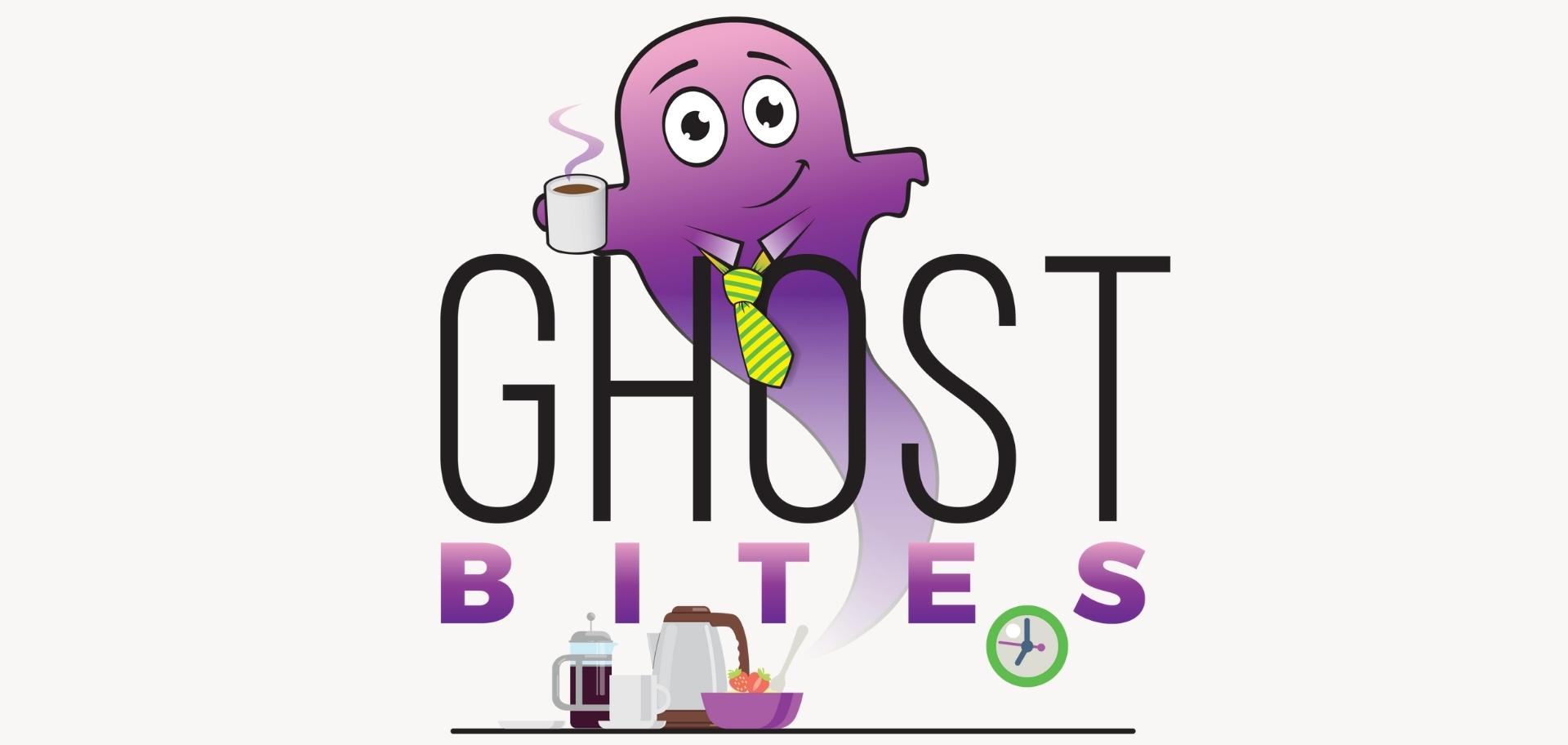
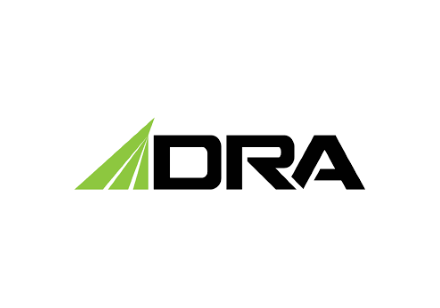
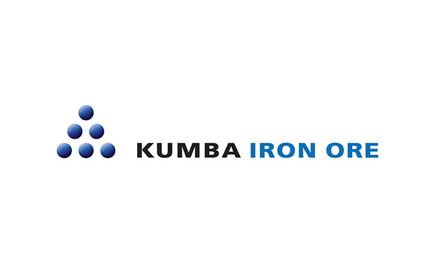
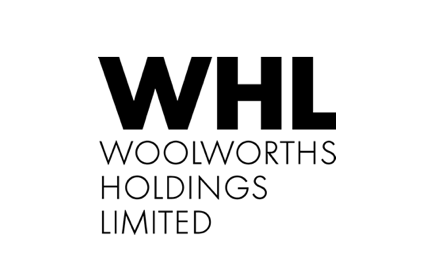
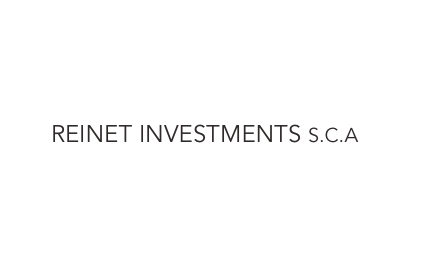
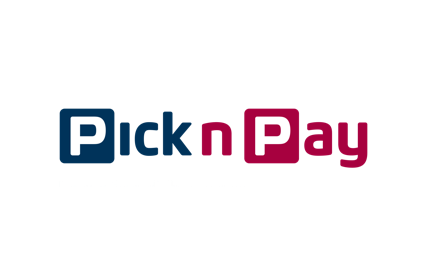
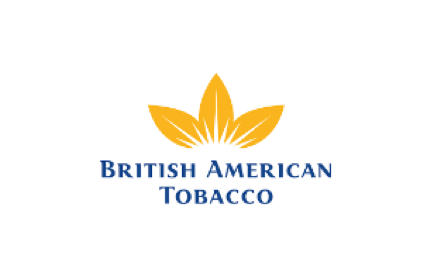
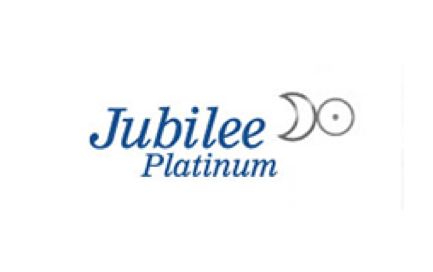
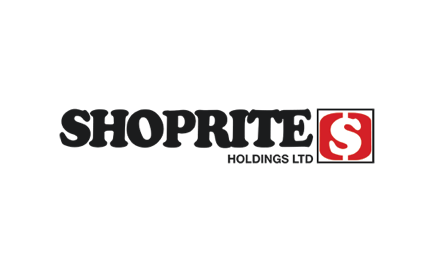
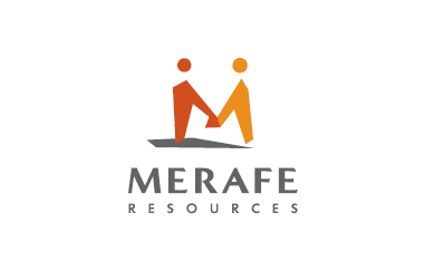


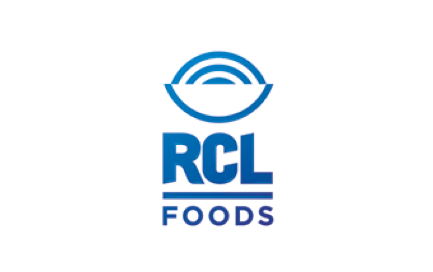
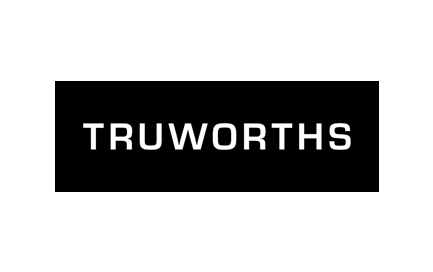
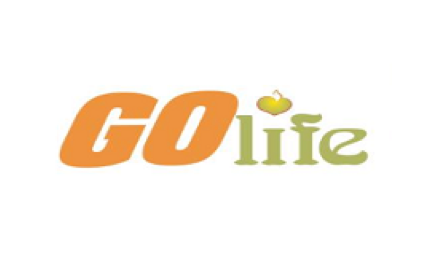
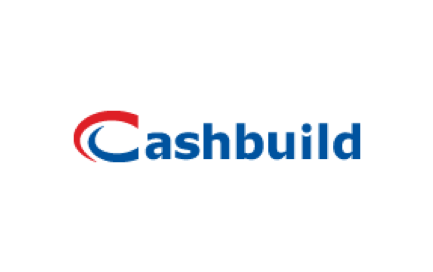
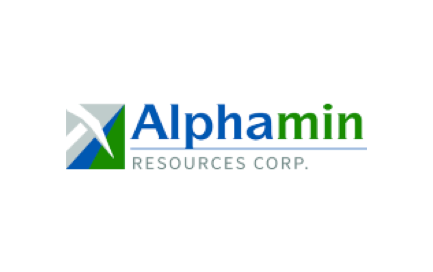
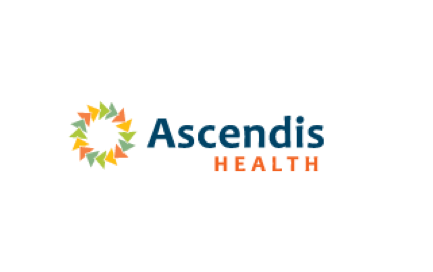
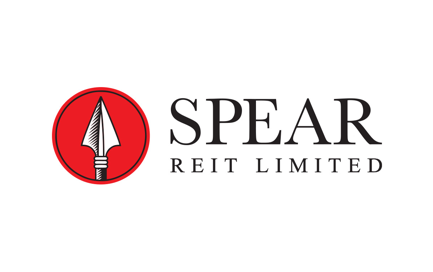


Very informative